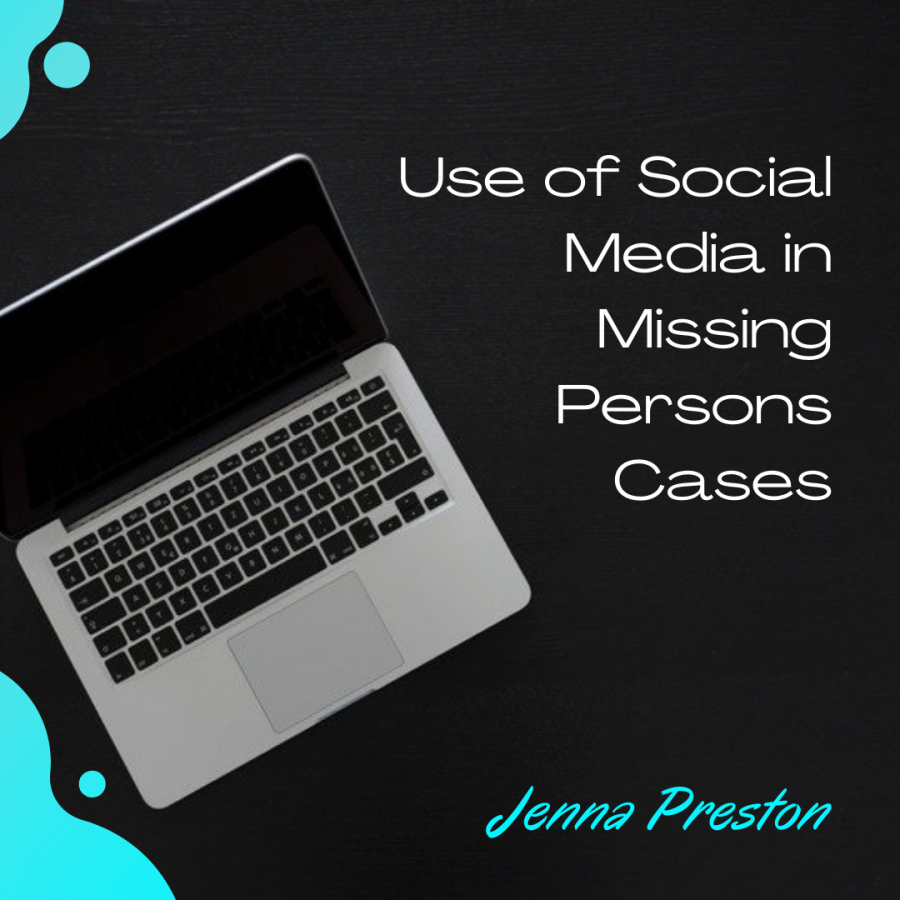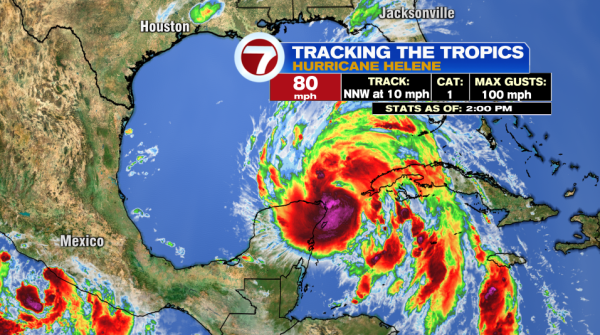Use of Social Media in Missing Persons Cases
With the ongoing case of Gabby Petito and Brian Laundries manhunt, more people are realizing the importance of social media in finding missing persons.
Thousands of people appear to have been inspired by Petito’s story to be more attentive on social media and to share information in order to help others.
Gabby’s family was concerned when she went missing on a road trip with her fiancé, Brian, and he returned home without her. They decided to post images of her on the internet in the hopes that someone would recognize her. This case drew a lot of attention on social media, and people began to speculate about what might have happened to her.
People all around the world began creating theories and coming up with possibilities as to what could have happened to her. It was almost like the internet was conducting their own investigation apart from the actual authorities.
One account was able to take screenshots from a YouTube video of Gabby’s white van and share the information she discovered with the police. Others watched her old Youtube videos and tried to find any clues in her videos and in her Instagram posts. Some people even went as far as looking at Brian’s home and bedrooms for clues on real estate websites and Google Earth. Both Brian and Gabby’s digital footprints were completely examined top to bottom.
It begs the question: what role can social media play in the global search for missing people if so many people were able to assist with Gabby’s case?
Zachary Tumin, the deputy commissioner for strategic initiatives said, “As information gets retweeted by police and the public, word spreads very quickly to be on the lookout for that missing person.”
I think that the degree of support and awareness that can be gained through social media in situations of missing individuals makes it such a helpful tool. Anyone, regardless of age, occupation, or relationship with the missing person, can use social media. One retweet or share may make a big difference.
In this social media age, 50,000 retweets on Twitter may seem small, but that’s actually a lot of eyes on the lookout.
At the same time, a spokesperson for Hillsborough County Sheriff’s office added, “People on social media are brilliant and they’re coming at it from outside the box perspective with creativity but they’re also not coming at it with an investigative background.”
However, the younger generation has a large digital footprint all over the internet; in fact, several apps allow you to view your location at any time. When it comes to missing person situations, a paper trail like this may be quite helpful.
Say something if you ever find yourself in a position where you see anything unsettling in public, or even in private. Gut instincts and suspicions are nearly always correct, and they should be taken seriously.
If you need to report something, you can share information with law authorities or contact the non-emergency number. Don’t worry if your information is incomplete or little; everything might be relevant in any case. In addition, the FBI operates a webpage dedicated to missing individuals that takes information.






